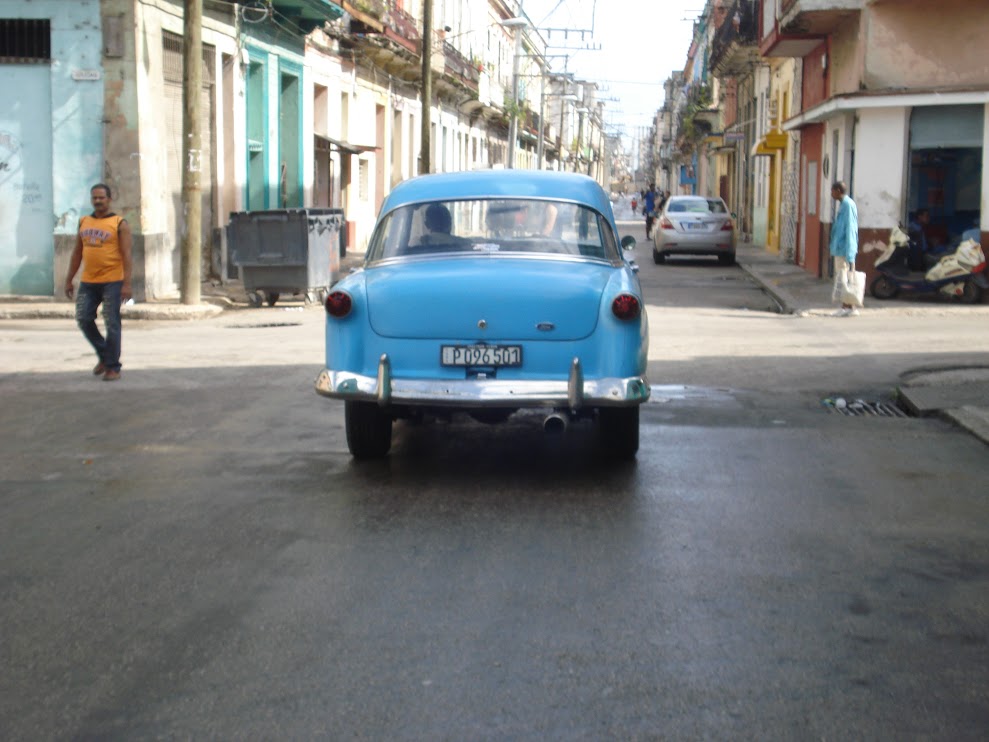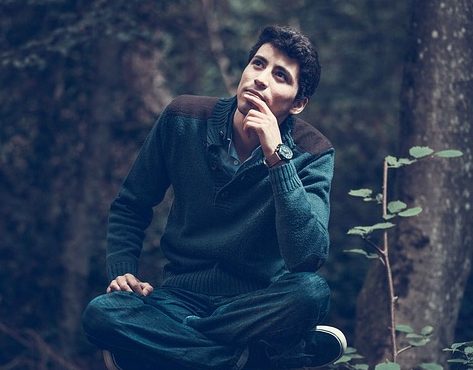
Though a professional classroom setting is crucial for learning, being physically immersed in the subject you are studying is equally as beneficial.
Over the break, 16 students and three professors went on a study trip to Cuba as part of their fall semester class on Cuban politics, history and culture. Over their 10 days in Cuba, they had the opportunity to meet with more than a few very important people and travel to notable sites around Cuba.
Not only was the trip scholastic and packed with informative experiences, but the visitors participated in various exciting events! According to student Joe Kaplan, they had a lot of free time to explore and interact with the local Cubans.
“Seeing people’s reactions to hearing that we were from the United States was probably one of the most interesting parts of the trip. People were really enthusiastic about their love for the U.S.,” Kaplan said. “My best personal experience was asking police officers where to find pizza at 2 a.m. and actually finding a rooftop bar that served it.”
Not only was the trip engaging and fun, it was also monumentally eye opening. Professor Don Share, who teaches in the department of Politics and Government was one of the three professors who went on the trip.
“I found those trips to be the most exhilarating teaching experiences of my 30+ year career in college teaching,” said Share, who had supervised a number of class trips to Mexico and Central America.
According to Share, many of the students who had taken courses on Latin American politics ended up pursuing careers related to Latin America.
“Preparing in the classroom is essential, but learning on the ground and in the context of a foreign place is invaluable,” Share said.
This lesson especially applies to a place like Cuba, which is currently going through a political and economic transition. Share and the other two professors on the trip revived the travel seminar experience because they thought it would be life changing for some of the students to witness the possibilities and conflicts of that process.
“Each time I go to Cuba I see evidence of pretty substantial changes that would have been unthinkable in the past,” Shore said about the progress Cuba has made. For example, he said that the amount of officially tolerated dissent and private enterprises have grown significantly.
One place in which innovative change could be closely observed is the city of Havana. Despite a few day trips to a beautiful ecological farm and the beach, the students were based in Havana for most of the trip.
In Havana, they visited many significant city sites such as the Mexican embassy, the U.S. Interests Section, Old Havana and the Cenesex Ministry of Sexual Education.
While they visited these sites, the students also had the opportunity to meet with various important Cubans including an economist, representatives from the Ministry of Foreign affairs, educators, journalists, members of the clergy and several musicians.
The students were fortunate enough to visit Cuba in a time of immense changes in Cuba’s relationship with the U.S. As a portion of the U.S.’s ever-evolving Cuban policy, the U.S. recently released rules about the kinds of goods and services that can be imported from Cuba’s new self-employed sector.
For the first time in over 50 years, U.S. companies will be allowed to provide services, import goods and services from self-employed Cuban entrepreneurs and employ private Cuban workers.
It is now also much easier to travel to Cuba due to the Obama administration’s newly announced travel and trade rules in a move by the US and Cuba to renew diplomatic ties.
Hence, the Puget Sound student trip to Cuba was one that lead the way for many more students to experience the educational, eye opening, and exciting culture of Cuba.

